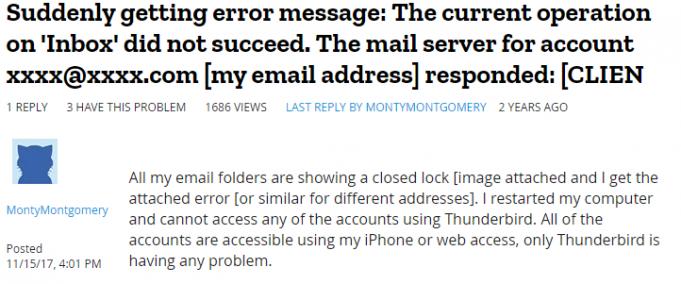

This vulnerability affects Firefox ESR < 60.8, Firefox < 68, and Thunderbird < 60.8. (CVE-2019-11729) - Due to an error while parsing page content, it is possible for properly sanitized user input to be misinterpreted and lead to XSS hazards on web sites in certain circumstances.

(CVE-2019-11714) - Empty or malformed p256-ECDH public keys may trigger a segmentation fault due values being improperly sanitized before being copied into memory and used. (CVE-2019-11713) - Necko can access a child on the wrong thread during UDP connections, resulting in a potentially exploitable crash in some instances. (CVE-2019-11712) - A use-after-free vulnerability can occur in HTTP/2 when a cached HTTP/2 stream is closed while still in use, resulting in a potentially exploitable crash. This can allow an attacker to perform Cross-Site Request Forgery (CSRF) attacks. (CVE-2019-11711) - POST requests made by NPAPI plugins, such as Flash, that receive a status 308 redirect response can bypass CORS requirements. If pages on different subdomains ever cooperatively use document.domain, then either page can abuse this to inject script into arbitrary pages on the other subdomain, even those that did not use document.domain to relax their origin security. When an inner window is reused, it does not consider the use of document.domain for cross-origin protections. It is, therefore, affected by multiple vulnerabilities as referenced in the mfsa2019-28 advisory.
#Mozilla thunderbird initial release date windows#
Description The version of Thunderbird installed on the remote Windows host is prior to 68.0. Synopsis A mail client installed on the remote Windows host is affected by multiple vulnerabilities.


 0 kommentar(er)
0 kommentar(er)
